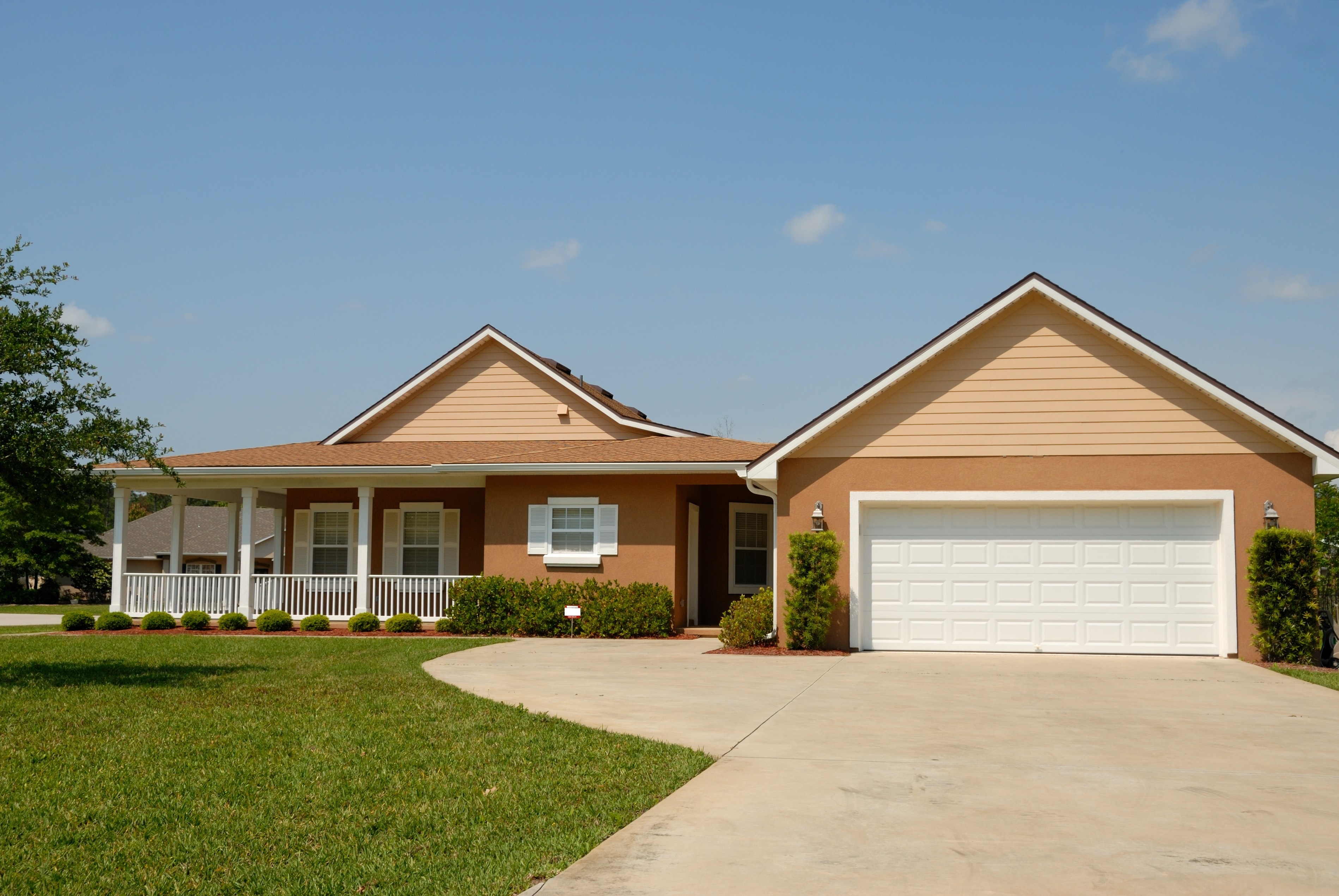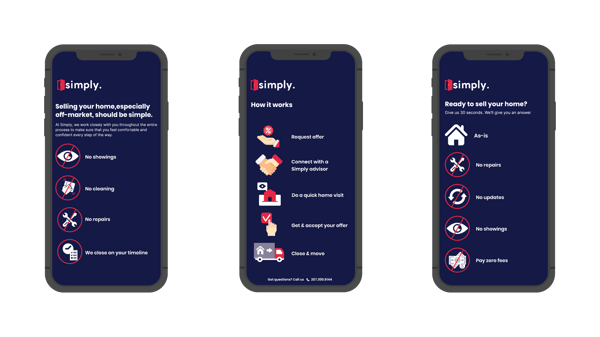Written By Souki Fournier | December 8, 2021 | 5 minute read

Many people look for more space when buying a home, but sometimes you need to downsize too. There are a few reasons why you might want something smaller, but how do you transition? And how do you know if it’s the right move?
If you’re ready to downsize—or you want to know if it makes sense for you—keep reading for everything you need to know.
The idea of cutting down on space might not seem like a good idea, but there are many reasons why people chose to downsize, including:
It’s common for older, retired people to decide to downsize. Moving out of a larger property can offer the freedom of traveling, settling down in a different city, or relocating to a change of scenery.
A smaller space can also make it easier to move around while removing extra household maintenance.
A large, spacious home might have more room, but it also comes with more significant expenses. For example, if you need repairs or renovations, you’ll be paying a lot more than with a smaller property.
More square footage also means more time and money spent simply maintaining the property on things like yard work.
Many families need more space for growing their family, but what happens with all that space when they move out?
After kids leave the family home, you simply don’t need the same amount of room. Sure, you might want the extra space if they decide to move back in or for visits, but it might make more sense to downsize.
If your situation falls into one of these categories, you might be ready to start finding smaller places. But there are a few things you should consider before making a final decision.
Here are some advantages and disadvantages of downsizing your home.
If you’ve considered the pros and cons and decided that downsizing is the right move, there are some steps you need to take first.
If selling your home on the market seems like a hassle, selling for cash might be the solution you need. This option comes with a few key benefits, like:
If your house needs repairs, but you don’t want to—or can’t—invest in them, you can sell your property as-is to a property investor. They’ll purchase your home in its current condition and make an offer based on that.
As we mentioned earlier, selling on the market can turn into a lengthy process, and that doesn’t even include closing times. If you want to sell your property fast, closing with a company like Simply can take as little as ten days!
Sometimes properties need to be sold due to tax liens or delinquent mortgage payments. Situations like these can make things even more stressful, but selling to a property investor can allow you to avoid legal repercussions.
The first step to downsizing is to sell your current property, but this isn’t easy. You’ll need to go through the entire process of selling your home, which includes:
As you can see, selling your current home while finding a new property can cost you. However, the traditional route isn’t the only option for selling your home.
You can also sell it for cash to a property investor. This process is shorter and eliminates the need for repairs, showings, and lengthy closing times. Still, you’ll have to work to market your home off the market and find the offer.
Luckily, there’s another, more straightforward option for selling your home, and that’s selling to Simply.
Downsizing is an excellent opportunity to save money and tap into the equity of your current home. But the process of transitioning into a home can take a lot of time and stress.
Simply helps you downsize as soon as possible and avoid the lengthy process of a traditional home sale.
Get started now by checking your offer from Simply!
